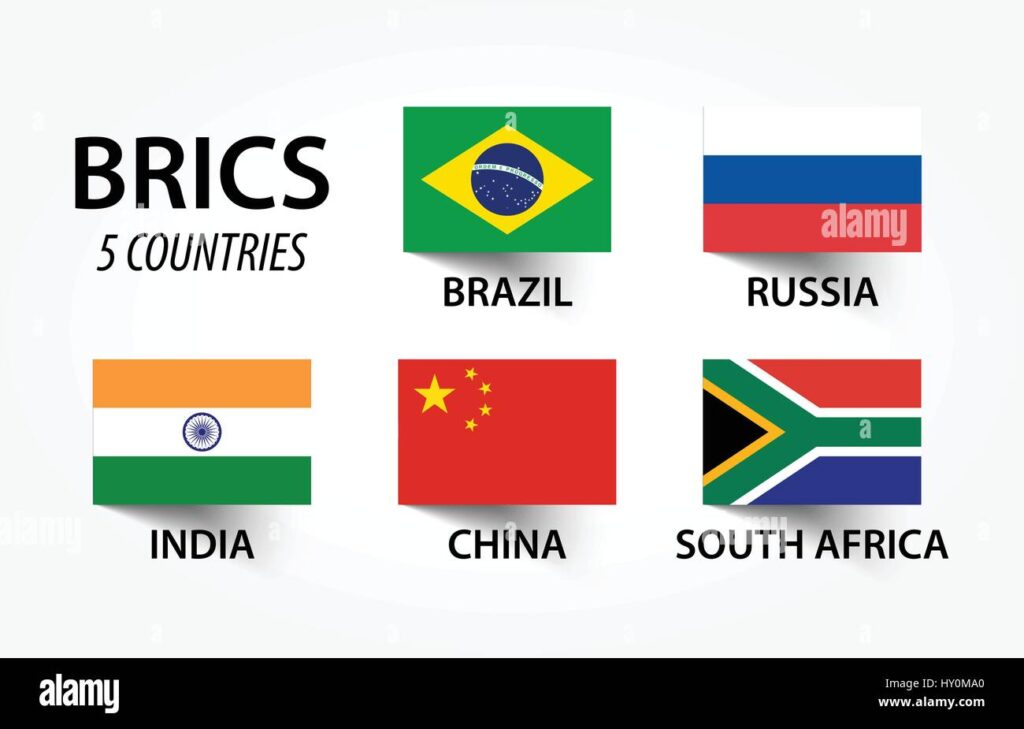
Introduction to BRICS
The BRICS group, consisting of Brazil, Russia, India, China, and South Africa, represents a significant bloc in the global economy, accounting for over 40% of the world’s population and nearly a quarter of global GDP. As the geopolitical landscape evolves, the importance of BRICS in international affairs continues to rise, attracting attention from policymakers, economists, and scholars alike.
Recent Developments
In recent months, BRICS has taken pivotal steps toward enhancing its influence. At the summit held in Johannesburg in August 2023, the group announced the induction of new members, including Argentina, Egypt, Ethiopia, Iran, Saudi Arabia, and the United Arab Emirates. This expansion not only reflects the growing appeal of BRICS but also signifies a shift in global dynamics, as these nations seek alternative pathways to economic development and cooperation outside Western dominance.
Economic Implications
BRICS countries are collectively exploring initiatives to reduce reliance on the US dollar in trade and investment. During the Johannesburg summit, leaders discussed strategies for increasing trade in local currencies, which is seen as a major step towards reshaping global financial systems. This move could potentially diminish the dollar’s status as the world’s primary reserve currency, ushering in a new era of economic interaction that favors emerging markets.
Political Significance
Politically, BRICS serves as a platform for discussing a range of global issues, including climate change, security, and health crises. The bloc has positioned itself as a voice for the Global South, advocating for fair representation in international institutions like the UN. The group’s push for reforming global governance structures aims to reflect the interests and concerns of developing countries, fostering a more balanced world order.
Conclusion and Future Outlook
The BRICS nations continue to expand their influence through strategic initiatives and partnerships. As they forge ahead, their role in international politics is likely to become more prominent. The ongoing dialogues around economic collaboration and geopolitical alliances will be crucial for reshaping the future landscape. For observers of global affairs, understanding the dynamics within BRICS and its evolving strategies will be essential for predicting shifts in international power.



